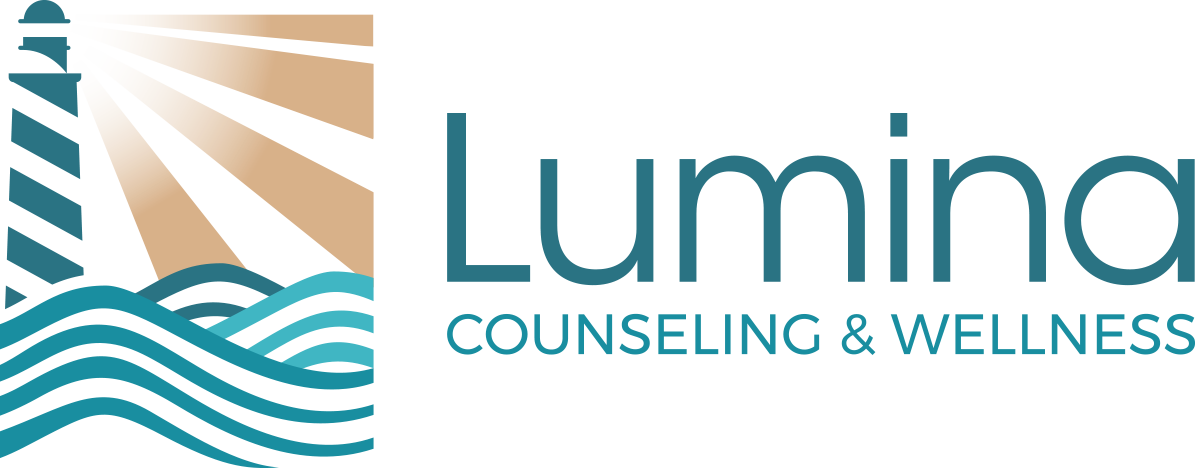
ADOLESCENT DBT PROGRAM
We’ll help your teen manage their big emotions in more effective ways
WHAT IS DIALECTICAL BEHAVIOR THERAPY?
Do any of these problematic behaviors familiar?
Your teen gets easily overwhelmed with intense emotions?
They engage in impulsive or harmful behavior and coping skills, especially when upset?
They struggle to maintain healthy social relationships?
Their moods fluctuate rapidly and frequently?
They’re sensitive to criticism or rejection?
You’re concerned about their self-confidence?
If some or all of these scenarios sound familiar, Dialectical Behavior Therapy for Adolescents (DBT-A) for your teen might help. This mental health treatment emphasizes skill-building for lasting behavioral change. By utilizing powerful techniques, including mindfulness, emotional regulation, distress tolerance, and interpersonal skill development, DBT-A helps teens break free from problematic patterns so they can enjoy life again and improve their mental health.
The treatment was developed in the late 1980s by Marsha Linehan, later recognized by TIME magazine (2018) as one of the most influential scientists of our times. During her search for an effective treatment for borderline personality disorder (BPD), she developed the most effective treatment to date for emotion dysregulation and its consequences. Over the past 30 years, studies have demonstrated DBT’s effectiveness for a variety of mental health challenges in adolescents.
With the goal of not only helping people survive crisis situations, but also helping teens cope and learn behaviors and skills to enjoy a “life worth living,” Dr. Linehan developed an approach founded on acceptance and change. DBT-A-trained clinicians are highly trained in compassionately validating your teen’s experience while helping them move closer to behavior change. Supporting them in developing more flexible thinking, coping skills, emotional control, and healthy behavior patterns so they can find joy and you and your family can find peace again.
IS DBT A GOOD FIT?
DBT-A is a powerful therapy designed to help your teen better understand and manage their emotions, reduce impulsive or harmful behavior, and improve their relationships with others. If you’ve identified any of the following in your teen, DBT might be a good fit for them:
Emotional Intensity: Your teen either experiences emotions as intense and overwhelming or feels numb and avoids them.
Relationship troubles: They struggle to initiate and keep stable relationships with friends, often resulting in conflict and feeling lonely.
Mood swings: Your teen’s mood changes abruptly leaving you feeling concerned and confused. Sometimes you even feel like you’re walking on eggshells with them.
Low self-esteem: They make negative comments about themselves like: “no one likes me,” “I’m so stupid,” “eating disorders are okay,” “I never do anything right,“ “I hate my life,” leaving you feeling sad and concerned.
Impulsive or unhealthy behavior: Your teen engages in unhealthy behavior such as withdrawing in their room, substance use, self-harm, reckless driving, non-stop sleeping, avoiding schoolwork, etc.
DBT-A can help teens who have become extra sensitive to life's challenges and struggle to cope with their emotions due to various reasons. This often leads to higher stress and even more problems.
Because of their emotional sensitivity and difficulty regulating emotions, they frequently face different forms of- intentional or unintentional- invalidation from their environments. For example, others might respond in a way that makes them feel “ashamed” of their thoughts, feelings and behaviors. Saying things such as: “you don’t really feel that bad,” “you shouldn’t feel this way,” “it’s not such a big deal.” Sometimes with the best of intentions.
As a result, teens become even more sensitive to failure, criticism and rejection while not developing the skills they need to regulate their emotions in healthy ways. Getting further stuck in patterns of self-invalidation, shame and unhealthy behaviors. DBT helps them get unstuck as they learn to better manage their emotions with healthy behaviors.
THE DBT-A METHOD
DBT-A differs from other forms of behavior or emotional therapy for teens.
Through the use of acceptance and change strategies, DBT-A therapists will empower your teen with the knowledge and skills that will help them move past problematic behavior patterns towards healthy and effective coping. During the DBT-A treatment process, your teen will become:
Better able to manage stress and disappointment
More aware of their thoughts, emotions and urges; allowing them to slow down and make better choices
Better able to lower the intensity of their emotions, becoming more resilient and effective when managing life challenges
More skillful at social relationships and conflicts, better able to keep healthy relationships while maintaining their self-respect
More willing to negotiate with you and others calmly and better able to see all perspectives
The following elements are included in all Comprehensive DBT-A Programs:
-
Our DBT-trained clinicians will help your teen develop new skills to manage intense emotions so they can transform unhealthy behavior patterns, manage unwanted thoughts and regulate intense emotions. Sessions are held weekly for 45-50 min. over the course of treatment and follow adherent DBT principles.
-
This part of your teen’s treatment will be educational and taught within the context of a DBT-A group in a classroom-like setting. It leverages a research-based curriculum covering 24 skills divided into five modules. Skills are taught in 90 minute weekly sessions over the course of 6-7 months. Skills modules include: mindfulness, emotional regulation, distress tolerance, interpersonal effectiveness and middle-path.
Problematic behaviors develop as a way to cope with difficult situations. These behaviors might provide temporary relief or a short-term solutions however, they often are not effective in the long-term.
DBT-A skills therefore help teens develop effective ways to navigate situations that arise in everyday life.
-
It might be hard for your teen to remember how to use the skills they have learned in therapy when emotions are strong. To help them manage these crisis, we make ourselves available seven days a week for brief phone calls. During these conversations, we act like a coach- asking them about the skills they have tried to use and suggest new ways or other skills they can apply that we think may work even better. The goal of these conversations is to help them generalize the things they’ve learned by applying them to real life situations.
-
Parents and caregivers of teens learn skills in a group and/or individually so they can effectively reinforce and sustain change at home. Support is provided through participation in parenting groups, individual parent coaching and family therapy.
-
To enhance the DBT therapist’s capabilities, provide them with support and ensure treatment is delivered to adherence, each DBT therapist is required to be part of a consultation team. Your DBT trained therapist is on a DBT consultation team, which consists of other DBT clinicians that help support your treatment. That is, you will not only have one clinician working for you, but but a team of clinicians also trained in DBT to support you.
*It’s important to be aware that some providers or programs report doing DBT but are not trained in comprehensive DBT or don’t include all the above mentioned components in treatment. Teaching some DBT skills as part of individual treatment is not considered Comprehensive DBT.
If a provider offers DBT, and this is what you’re looking for, make sure all four components of treatment are included and your provider is trained in DBT by a reputable source. At the moment, the only credentialing board recognized to certify clinicians is the DBT-Linehan Board of Certification.
Schedule a free 20-minute call with our care coordinator.
OUR CLINICAL DIRECTOR
Dr. Maribel Gonzalez is a DBT specialist.
In the early stages of her career, Maribel Gonzalez served as a therapist at a psychiatric hospital, where she dedicated herself to patients struggling with emotional dysregulation. Recognizing that the well-being of these at-risk individuals often hinged on the therapeutic support they received, Maribel was acutely aware of the gravity of her role.
Frustration set in when conventional behavioral therapy methods proved ineffective in alleviating her patients' distress. It was at this point that Maribel's journey led her to dialectical behavior therapy (DBT), a therapeutic approach renowned for its effectiveness. Driven by her unwavering commitment to helping those grappling with intense emotions, she embarked on a quest for knowledge and skills.
Eager to master DBT and provide the best care possible, Maribel completed basic and advanced DBT training courses offered by Behavioral Tech, an organization founded by Marsha Linehan, the originator of DBT.
With her newfound expertise in DBT, Maribel witnessed the transformative power of this evidence-based model. She firmly believes the life skills acquired through DBT therapy are nothing short of life-changing.
If nothing else has helped your teen…
If you’ve tried other forms of therapy and nothing provided lasting relief for your teen, you’re probably feeling frustrated and overwhelmed. Despite any previous setbacks, there is still hope. If you’re ready to explore DBT-A therapy for your teen and receive parent coaching to help you navigate the therapy journey together, contact our care coordinator for a free, 20-minute consultation.
Getting started is easy…
STEP ONE
Schedule a call.
You’ll visit with our care coordinator during a quick 20-minute call.
STEP TWO
Get matched.
We’ll learn about your needs and answer your questions so we can connect you with the right therapist for you!
STEP THREE
Book your first session.
We’ll guide you to fill out a few forms and get your first appointment on the calendar so you can start feeling better!



